At 21-years-old I confess that I'm no expert when it comes to Italian wine. However, I do posses three things that have prepared me to explore the subject while spending the semester in Rome:
1. I enjoy wine, primarily whites. Just like school, if you are going to study something, it helps to have a level of interest in the subject.
2. I'm in the right place to learn about wine. Wine is a big part of the Italian culture. It is clearly the national beverage and most restaurants take more than a passing interest in the wines they serve.
3. My roots have taught me to explore and appreciate different styles of beverages. My Dad writes about beer wine and spirits for a number of magazines and has a blog you can check out at Lyke2Drink.
Whenever my friends and I are traveling within Italy we like to try wines that are local to the region that we are traveling in. At the very least we split a bottle of wine with dinner. In many areas of Italy wine truly is cheaper than water (considering that in most restaurants in Italy tap water is not offered and you must pay for bottled water)!
If you visit Italy or just enjoy the wines, it is important to know there are four primary regions known for their vineyards. Tuscany (which surrounds Flroence and is located north of Rome), Veneto (in the northeast part of the country), the Piedmont (in the northwest ) and Sicily (the island located off the toe of the Italian boot).
Chianti is probably the best known Italian wine. It actually comes in three levels of quality and price. Chianti, Chianti Classico and Chianti Classico Riserva. The best way to understand the system is to remember that the more words, the higher the price. To make a wine a Chianti the producer must use at least 75% Sangiovese grapes. In Europe, many wines are labeled by the style or blend, and not the grape. That sometimes makes things a little confusing.
The Piedmont is known for making reds from Dolcetto and Barbera grapes. Vento produces a range of wines, including the Italian version of Champagne, called Prosecco. Sicily has a large number of vineyards and is one of the country's biggest producing regions, yet the Sicilians drink less wine than most other Italians. This means they share more of their wine and prices tend to be less than what you would pay for a bottle from another part of the country.
I find that the best way to get to know wine is to ask your server what he/she recommends- in many cases the house wine at Italian restaurants is usually local, inexpensive and relatively good. One of the first words that I learned in Italian was Vino (wine) followed closely by Birra (beer) of course!
Ciao for now!
Hello world!
5 years ago
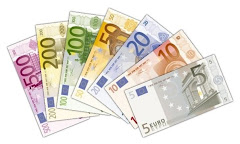


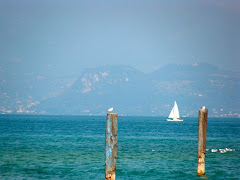

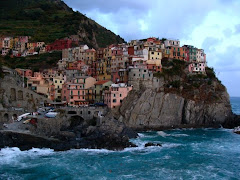

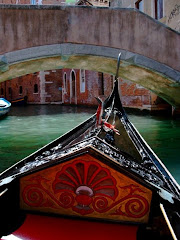


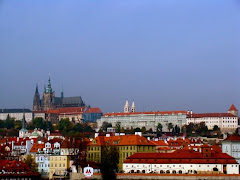

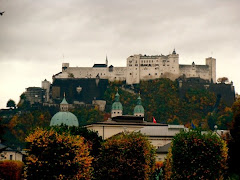
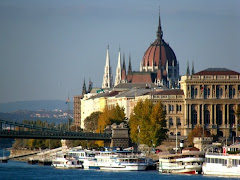

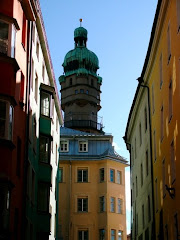

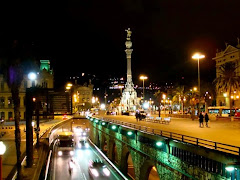
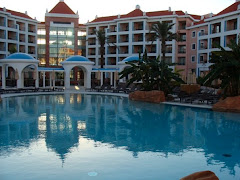
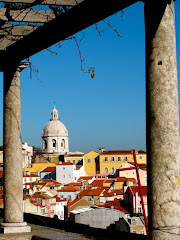




No comments:
Post a Comment